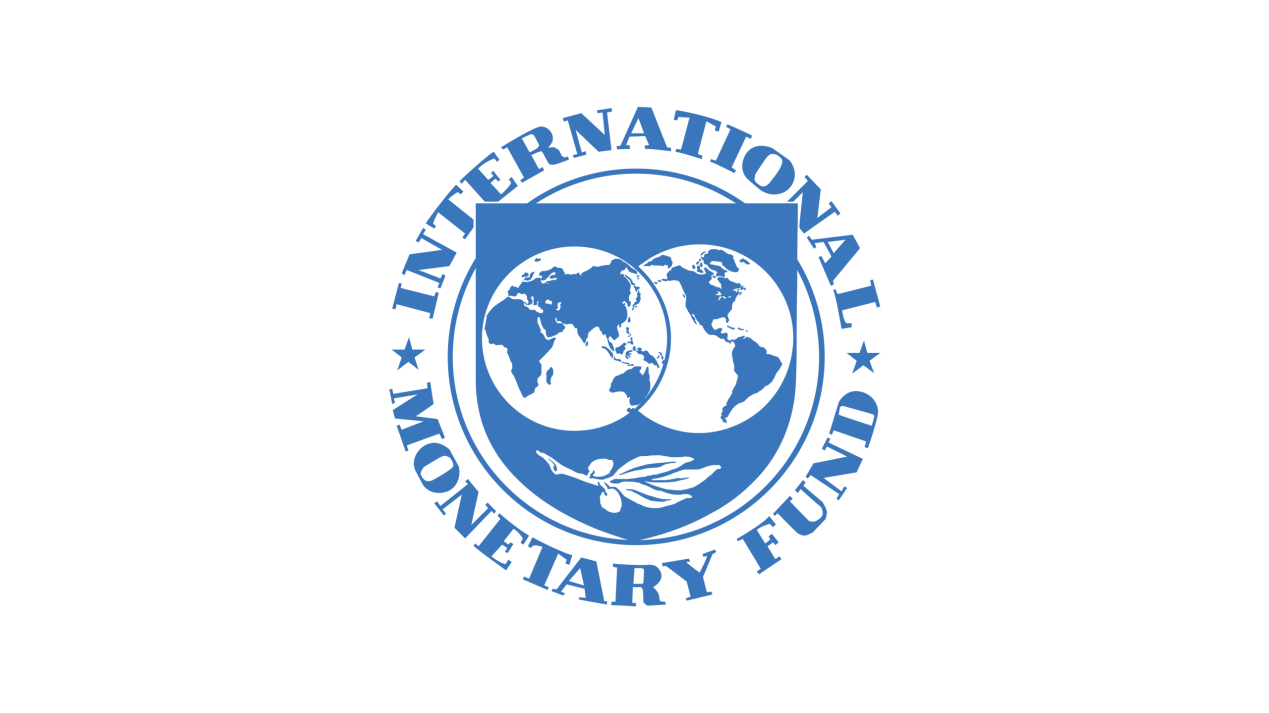
Why Skills-First Leadership Is Replacing the Ivy League Playbook in the C-Suite
The old prestige pyramid—where Ivy League degrees and blue-chip consulting backgrounds paved the way to the CEO seat—is cracking.

In starkly assessing China’s economic trajectory, International Monetary Fund (IMF) Managing Director Kristalina Georgieva has issued a clarion call for immediate and comprehensive reforms to avert a significant decline in growth. Ms. Georgieva acknowledged China’s past economic achievements at the World Economic Forum in Davos. Still, she emphasized the urgency of addressing structural challenges if the country is to maintain its long-term growth momentum.
The IMF’s concerns stem from a confluence of factors weighing on China’s economic outlook. Sluggish growth in 2023, attributed to real estate woes and slumping exports, has raised eyebrows. While the IMF projected a modest uptick to 4.6% growth in 2024, it simultaneously cautioned against complacency, stressing the need for decisive action.
Among the key challenges identified by the IMF are imbalances within the Chinese economy, particularly the overreliance on debt-fueled infrastructure investment and the sluggish pace of domestic consumption. Additionally, concerns regarding the health of the real estate sector, a significant contributor to GDP, still need to be addressed.
Ms. Georgieva’s plea for reform targets these very bottlenecks. She urged China to prioritize financial sector reforms to foster a more efficient and market-driven system. Additionally, she advocated for policies that incentivize domestic consumption and reduce reliance on government-led investment. Addressing the real estate sector’s vulnerabilities through market-based measures was also critical.
The IMF’s call to action resonates with broader anxieties about China’s long-term economic prospects. An aging population and slowing productivity growth casts a shadow over the future of the “China miracle.” By highlighting the necessity of timely reform, Ms. Georgieva aims to sound an alarm and prompt China toward a more sustainable and resilient economic model.
The Chinese government has acknowledged the challenges but remains cautious about drastic reforms. Balancing continued growth with necessary adjustments will be a delicate act. Nevertheless, the IMF’s intervention underscores the global interest in a stable and vibrant Chinese economy. Should China embrace timely and effective reforms, it can navigate the current headwinds and secure its future as a significant engine of global economic growth.

The old prestige pyramid—where Ivy League degrees and blue-chip consulting backgrounds paved the way to the CEO seat—is cracking.

Loud leaders once ruled the boardroom. Charisma was currency. Big talk drove big valuations.

But the CEOs who make history in downturns aren’t the ones with the deepest cuts

Companies invest millions in leadership development, yet many of their best executives leave within a few years. Why?

The most successful business leaders don’t just identify gaps in the market; they anticipate future needs before anyone else.

With technological advancements, shifting consumer expectations, and global interconnectedness, the role of business leaders

Following a distinguished Law Enforcement career Joe McGee founded The Securitatem Group to provide contemporary global operational specialist security and specialist security training products and services for private clients, corporate organisations, and Government bodies. They deliver a wide range of services, including complete end-to-end protection packages, close protection, residential security, protection drivers, and online and physical installations. They provide covert and overt investigations and specialist surveillance services with a Broad range of weapons and tactical-based training, including conflict management, risk and threat management, tactical training, tactical medicine, and command and control training.

Jay Wright, CEO and Co-Owner of Virgin Wines infectious energy, enthusiasm, passion and drive has been instrumental in creating an environment that encourages talent to thrive and a culture that puts the customer at the very heart of every decision-making process.

Fabio de Concilio is the visionary CEO & Chairman of the Board at Farmacosmo, a leading organization dedicated to mental health and community support services. With a deep commitment to identifying and meeting customer needs, Fabio ensures that high standards are maintained across the board.

Character Determines Destiny – so said Aristotle. And David CM Carter believes that more than anything else. For David, it has been numerous years of research into codifying Entelechy Academy’s 54 character qualities that underpin everything he stands for as a leader and teacher.


Leave us a message
Subscribe
Fill the form our team will contact you
Advertise with us
Fill the form our team will contact you